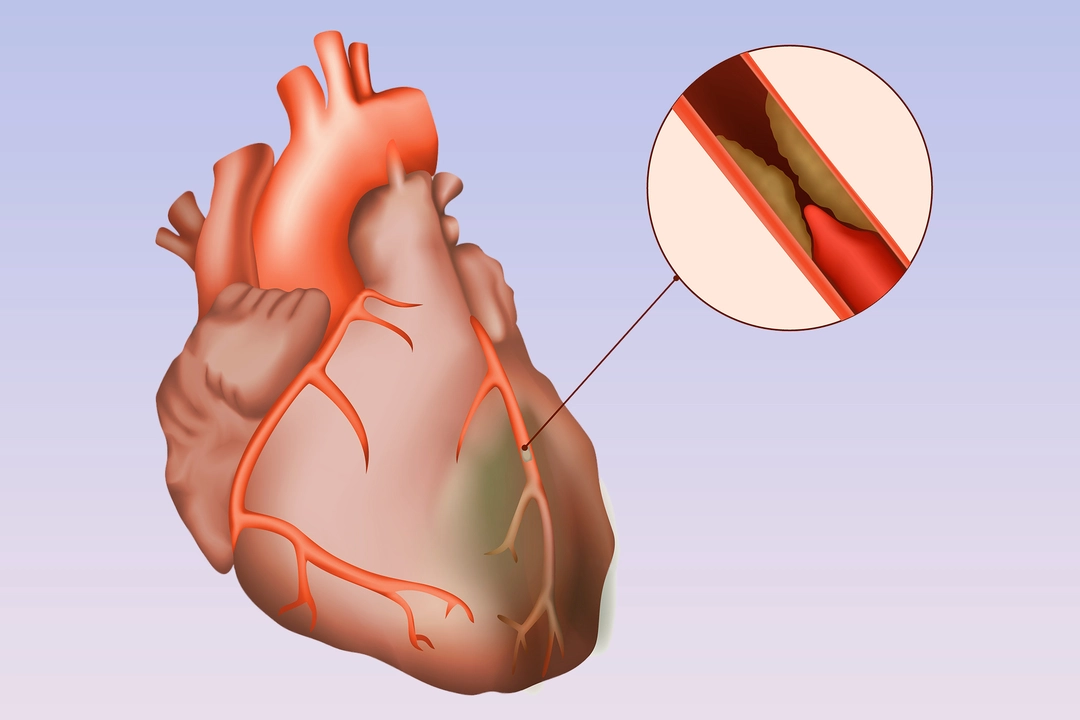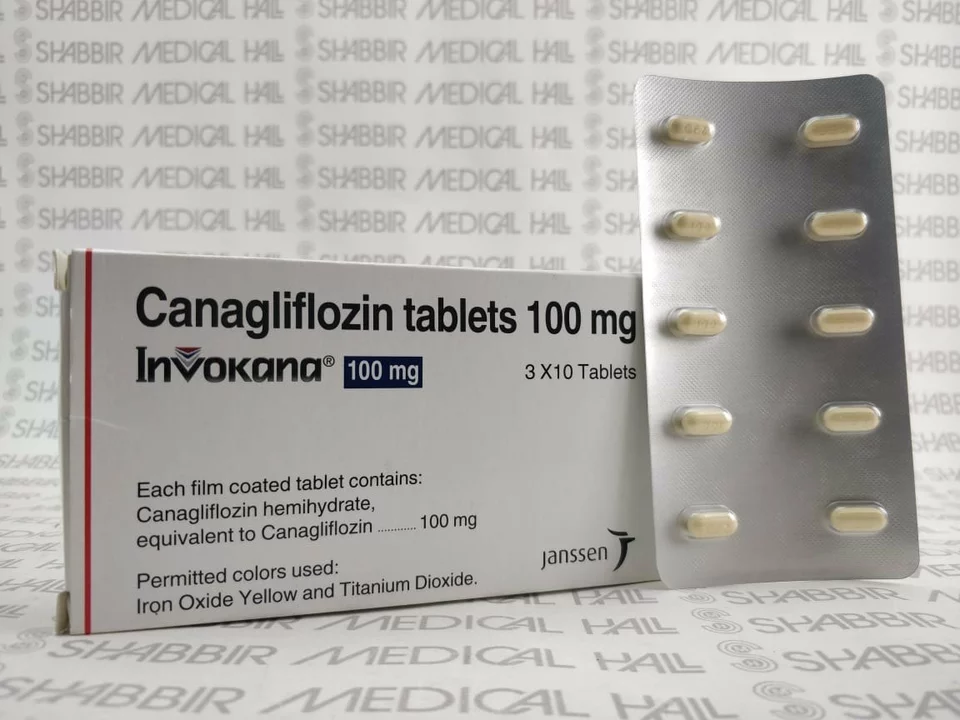Health Topics: Practical Guides on Digestive, Heart & Diabetes Care
Welcome to the Health Topics hub. Here you’ll find short, practical guides that help you talk to your doctor, understand heart risk linked to mental health, and learn how treatments like canagliflozin fit into diabetes care. Each post gives clear steps you can use right away—no jargon, just useful actions.
Talk to Your Doctor About Gas and Digestive Troubles
Feeling embarrassed about gas? Start with a one-week symptom diary: note times, foods, activities, bowel habits, and any pain. Bring this list plus a full medication and supplement list to your appointment—exact details speed up diagnosis. Use simple descriptions: frequency, severity on a 1–10 scale, and what relieves or worsens symptoms. Ask two focused questions: “What tests do you recommend?” and “What immediate steps can I try at home?” If your doctor mentions tests, ask what each test checks and when you’ll get results. If over-the-counter remedies are suggested, confirm dosage and watch for side effects like diarrhea or cramping.
Manage Heart Risk and Long-term Diabetes
Depression can affect heart health through behavior and biology. When low mood reduces activity, sleep, or medication adherence, blood pressure and inflammation can rise—factors linked to coronary artery disease. If you notice persistent sadness or anxiety, tell your primary care provider; screening and early treatment lower risk. For people with type 2 diabetes, medications matter. Canagliflozin is an SGLT2 inhibitor that helps lower blood sugar, can reduce weight, and may lower blood pressure. It’s not a one-size-fits-all fix: watch kidney function, stay hydrated, and report genital infections or signs of ketoacidosis (nausea, abdominal pain, confusion). Ask your doctor how canagliflozin fits with your heart and kidney history, and schedule periodic lab checks for creatinine and A1c to track progress.
Use this category as a quick reference. Read the post on gas and digestive troubles for exact phrases to use during visits and a printable symptom diary. Check the depression and coronary artery disease article for signs to mention to your clinician and simple mood-care steps that protect your heart. The canagliflozin piece explains benefits, typical side effects, and the monitoring your doctor should order.
If you want practical next steps: keep a 7-day health log, list the two top concerns to bring to your next visit, and set reminders for blood tests or medication reviews. Bookmark the guides you need and share them with family who help with appointments. When you bring clear notes and targeted questions, your visits become shorter and far more effective.






